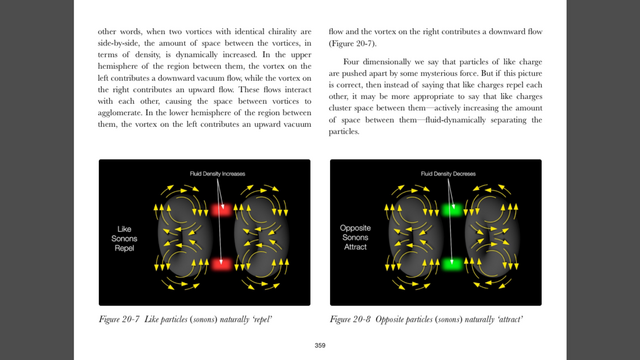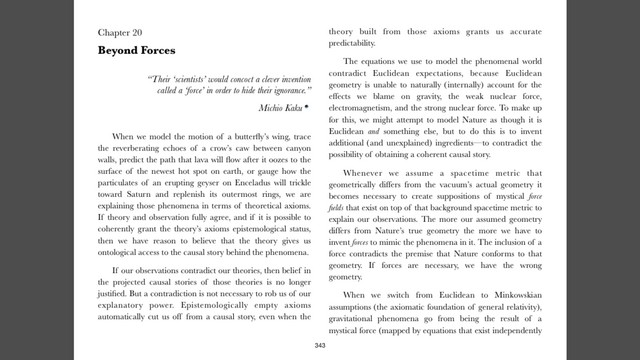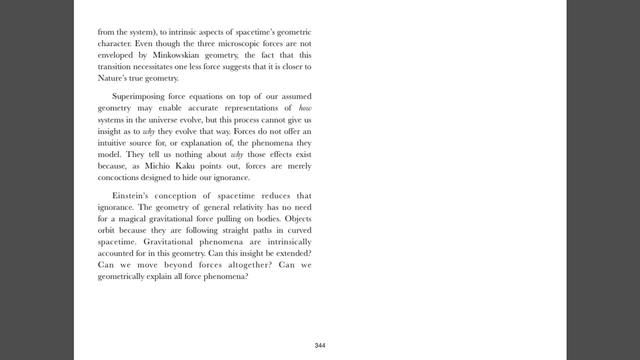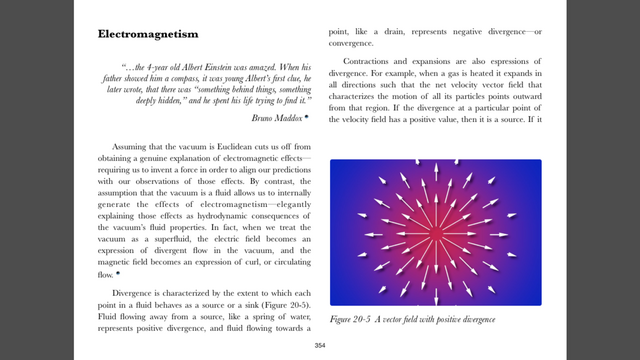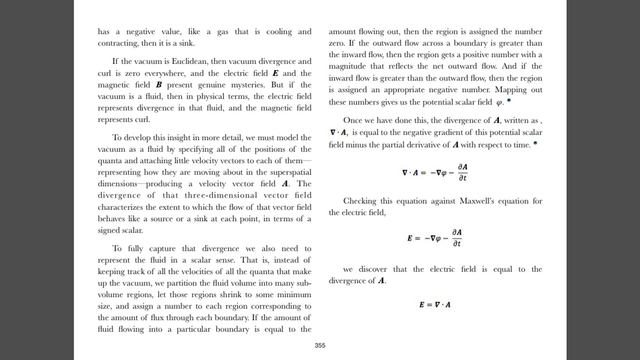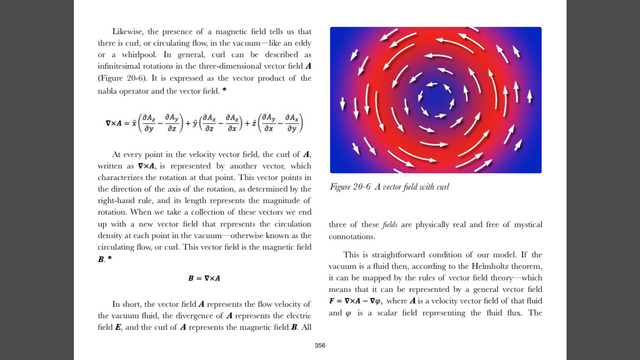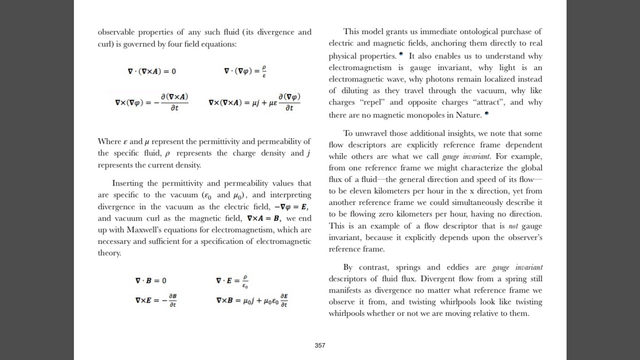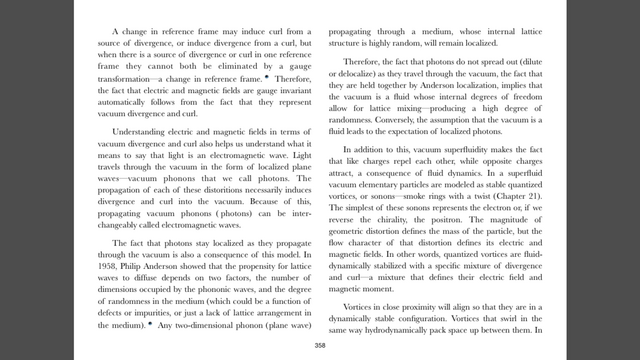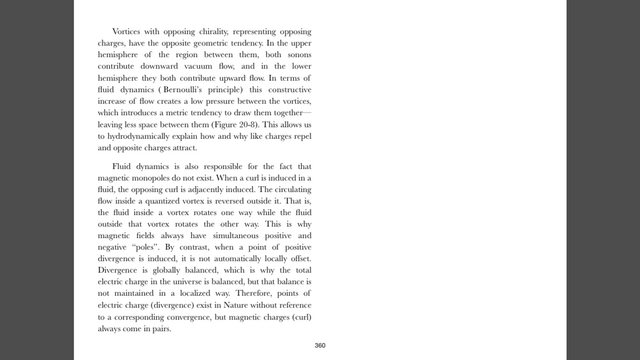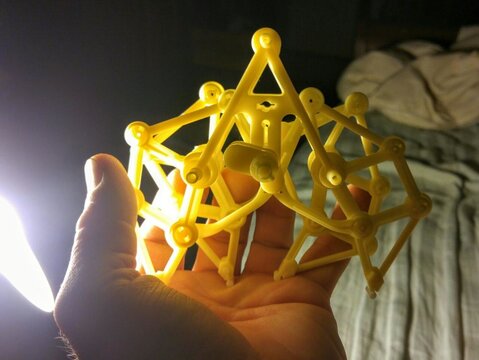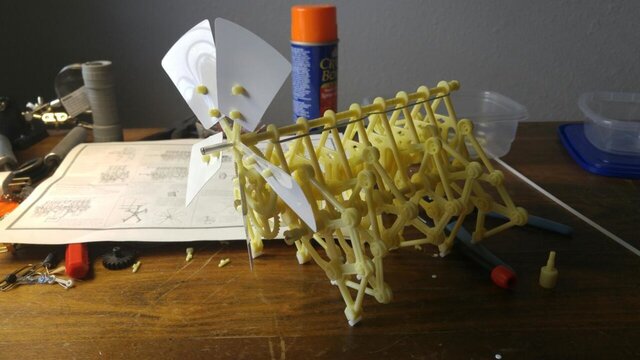I've read up to this point now, after days away from the thread, and have gathered some posts I want to respond to.
Soupie wrote: "So if consciousness doesn't supervene at the neural level—and it may not—why does it spend all its time hanging out there?"
What persuades you that it does? Or who so persuades you?
Consciousness and mind first germinate in bodily awareness -- felt existence, sensed situated be-ing -- in primordial organisms (as Maturana, Varela, and Panksepp have recognized) from the basis of which various capabilities of protoconsciousness and consciousness gradually evolve and develop in prereflective and increasingly reflective experience, eventuating in our species, and likely in some others, to deliberative mind able to see -- i.e., comprehend -- and evaluate the circumstances of organized life as we produce it for ourselves and others, and also to make progress in understanding our relationship to the nature out of which we have emerged as able to take perspectives on nature and on ourselves and our behavior.
Soupie also writes: "Why are we conscious of information in (physiological states of) the brain?"
We're not 'conscious of "information in our brain states"; we, like other animals, are conscious of the environing worldly mileau that we experience directly, including other beings and things within it whose existence and behavior we become better at interpreting and reacting to productively as we learn how to navigate, survive, and thrive in our given mileau.
Soupie also wrote:
". . . perception is the process of the brain (or its equivalent in objective r) creating the most adaptive approximation of what's out there. This adaptive approximation will not capture all features of what's-out-there."
How can the neurons capture any features of what's out there since neurons, the physical brain itself, is never in contact with any of them? It's the living organism, the living being, that is in contact -- intense personal, bodily, contact -- with objective features of its environing world and, as Panksepp has shown us, is both aware of those sensed features and affected by its experience of them. The autopoietic boundary of the first single-celled organism, as Maturana and Varela first recognized, both constrains and enables the ongoing life of the organism. So the following claim is plainly wrong:
Soupie also wrote:
"we know that what's-out-there is unlike our experience/perception of what's-out-there."
How unlike can it be, though, since most animals coexisting with us are aware of the same physical structures [those produced by nature and those constructed by humans and by some other animals] and the same dynamic changes that take place in the weather systems in our shared environments [including electrical storms, hurricanes, earthquakes etc.] We know too that many animals possess more acute senses than we do about many impending dramatic changes, such as tsunamis. Animals also react to close approaches of ufos in ways similar to our reactions -- fear, confusion, backing away from the scene in most cases [and in some cases so shocked by the event that they won't leave the house they live in for days].
It appears that animals see and otherwise sense the same phenomenal realities that we have access to through our senses. Only the difference made in our perceptions by our human imaginative capacities and tendencies seems to distinguish us. And yet five minutes ago I saw my cat react in attack mode to something she evidently imagined to be scooting beneath an open door. I was in the room she was coming into and immediately checked behind that door -- there was nothing there. Of course we also know that animals dream, and we know that our own dreams deal imaginatively with waking experiences we have had, thought about, even fantasized about, and that these dreams usually take place in environments, structures, and situations similar to those we encounter in the environing world in which we currently live.
Soupie also wrote: "Colors, sounds, smells, tastes, feels, etc. are properties of the perceptual system, not properties of what's-out-there.."
No indeed. These phenomenal experiences are combined 'properties' of both the environing physical world and the natural affordances of our and other living species' sensorial access to it. They are the hallmarks of the phenomenological recognition that our experience in the world is a confluence and integration of subjective and objective poles of 'reality' as we experience it. Theorists [and hypothesis generators such as Hoffman], following the ideas nurtured in cognitive neuroscience and computational information theory, reduce and ultimately attempt to erase lived experience, attempt to define it out of existence. People who don't attend to what they are experiencing, and who do not reflect on the nature of their own experienced consciousness and its multiple facets and levels, are vulnerable to taking neuro/techno/'informational' models of consciousness seriously.
You also wrote: "What neuroscientists have been increasingly discovering is that the contents of consciousness correlate with neurological processes."
I think, rather, that what they've long been engaged in is seeking evidence to support the presupposition that consciousness and mind can be reduced to brain activity, i.e., that in their discipline correlation amounts to causation. It's overreaching, and they should have known better. Meanwhile they have largely ignored the exploration, in biology and affective neuroscience, of correlations in protoconsciousness and consciousness as moving from bodily awareness and affectivity in primordial organism to the psychological tendencies in evolving species to react emotionally [at the level of feeling] to perceived events and situations, from threats by other animals to desires to exercise their individual aptitudes in obtaining what they need from a commonly shared environment [supportive niches, expanded territory, competition for mates, desires of various kinds]. The comprehension of what consciousness is absolutely requires the study and investigation of the evolution of consciousness in living species.
Moreover, we need to recognize that what we think begins in what we feel, in the body and in response to what we experience in the physical and emotional environments in which we first take our bearings on the possibilities of what we can do in and with our existence. For us, and for other animals, this means that proper nurture is required for the newly born and the growing young. Our primate forebears already knew this and attended to it far better than many members of our species do in our time.
You also wrote: "The features of the physical world are in actuality features of our perceptual system. Consciousness doesn't supervene on the features of our perceptual system, it supervenes on processes that occur on a level below the features of the perceptual system."
Let us know when Hoffman or someone else can actually prove that. In the meantime that hypothesis remains, as one critic of Hoffman wrote, merely "a framework for a hypothesis." The framework is an as-yet 'wild surmise' that everything evolved and developed in the physical world as we know it (not just on earth but increasingly far afield in the universe) can be accounted for by quantum mechanics, which remains a phenomenon not yet fully understood.

